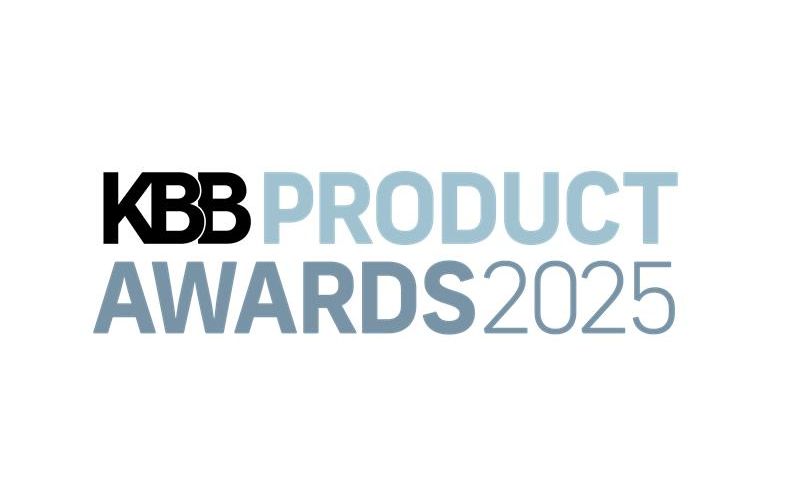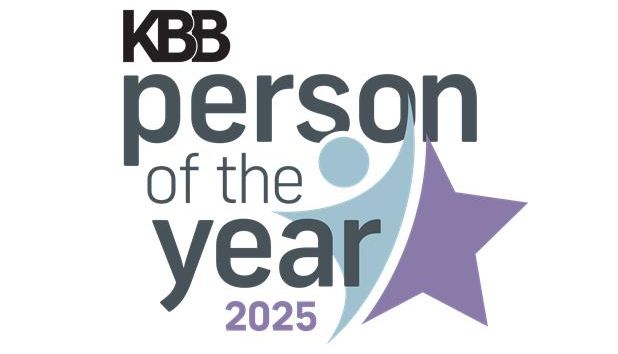Water Safety: A Global Crisis
Clean, plentiful water is essential to a healthy life, but for too many regions of the world, it is not readily available. Water safety is one of the critical issues that participants in The Windsor Declaration sought to address at an international summit late last year.
NKBA, in cooperation with the UK’s Bathroom Manufacturers Association, an NKBA Global Connect Strategic Alliance Partner, presented “The Windsor Declaration: Driving Global Change” on the NEXTStage at KBIS, a discussion about two urgent global challenges: water scarcity and anti-microbial resistance. The session recapped The Windsor Summit at St. George’s House on the grounds of historic Windsor Castle in England – an inspiring venue, which, the panelists concurred, contributed to the gravity and momentous nature of the event. The session, like all NEXT Stage presentations, was sponsored by Ferguson Home.
Panel Participants & Programming
Moderator Tom Reynolds, chief executive of BMA, welcomed Bill Darcy, global president and CEO of the NKBA; Matt Sigler, executive director, International Code Council at PMG; Jen Cassidy, CEO of Bristan Group at Masco; Troy Benavidez, leader of international government relations and policy at LIXIL International; Laura Kohler, chief sustainability officer at Kohler Co.; and Fernando Fernandez, director of engineering and regulatory affairs at TOTO USA.
Signers of The Windsor Declaration pledged to invest in research and development aimed at cutting billions of gallons in water waste, reducing the spread of harmful bacteria and advancing product innovations like water-efficient toilets, touchless technology and leak detection to enhance hygiene and address water scarcity.
“Our role is in supporting this initiative, using NKBA year-round and at KBIS annually, to drive conversation about this topic,” said Darcy.
Kohler said the most significant element was that the summit brought together people from all over the industry and the world, from associations and manufacturing, acknowledging two really important issues that the world is facing.
“Water connects everyone, we all need water to live,” added Kohler. “So, we were very focused on what this industry can do for water scarcity and anti-microbial resistance and the ability of this industry to impact health and hygiene through our innovations and installations of our products.”
Part of the declaration addressed the need for a consistent policy and standards that may be applied internationally. Sigler said we need to take “a global approach that engages experts from around the world to come up with solutions that not only account for public health and safety based on the latest research and best practices but also considers regional and cultural differences. That way, you’re improving the likelihood of use on a global scale.”
The Nexus of Water Scarcity & Anti-Microbial Resistance
The Windsor Summit focused on two major issues of water scarcity and anti-microbial resistance, that is, bacteria that are not affected by antibiotics. Reynolds asked the panel to elaborate on why these two topics are so critical and how they intersect.
Fernandez explained that water scarcity perpetuates a “vicious cycle of improper hygiene and sanitation. We all need hygiene for handwashing, cooking and bathing. And when you don’t have access to fresh, clean water, diseases spread, like cholera and typhoid. These are major concerns. Water scarcity is no less important in modern countries, and we have to make sure we are educating and teaching on that subject continually.”
Darcy added that associations’ role must be to bring brands – and competitors – together to discuss and act on this critical topic. “It needs to be a revolutionary discussion, and more of these conversations need to happen,” he added. “Water scarcity and AMR is not necessarily top-of-mind in America. [The summit emphasized] the power of this commonality of what’s important in society. Also, from a business perspective, designers can talk to consumers about the brands they’re specifying, and what these companies are doing to help the planet.”
Cassidy called this a “now problem,” so even “wet” countries like the UK will be in water deficit by 2030.
“This can potentially cost the UK economy 25 billion pounds over the next five years because we aren’t going to be able to build new housing anymore,” she added. “About 40% of the necessary housing won’t be able to be built unless we do something about this now. As a manufacturer, around a quarter of our business comes from new housing, so if they’re not building new housing, then our revenue is not coming. It’s a problem for all of us.”
Kohler recounted that in 2014, Kohler Co. declared “safe water for all,” that every person on Earth deserves access to clean, healthy drinking water and safe sanitation.
“Our associates around the world told us to lean into this with our engineering and design teams, so participating in this summit was very personal for us,” she said. “AMR may not be a term all of us are familiar with but think in terms of staying healthy. Sanitation and clean water keep our population safe.”
She also noted that anti-microbial resistance could claim 10 million lives a year by 2050; it’s currently responsible for at least 700,000 deaths globally a year, including 230,000 deaths from multi-drug-resistant tuberculosis. The economic burden of this is significant and could cost the global economy $100 trillion by 2050.
“So, clean sanitation practices that combat anti-microbial resistance are really important as we reduce the spread of infection,” said Kohler. “They say the next pandemic is already here; it’s really how we handle our wellness practices that will keep us all safe. The industry is very focused on this. The second key factor about water scarcity is that water is finite. Yes, it covers 71% of the planet, but only 3% of that is fresh water, and less than 1% is accessible for human use. We forget how scarce fresh water is. According to the World Resource Institute, at least 50% of the world’s population live under water-stressed conditions one month a year. Even here in the U.S. – in California, Arizona, parts of Florida – they experience water-stressed environments.”
A “Foundational” Global Agreement
Benavidez said listing these collective commitments in a formal agreement is a “very public demonstration and high-visibility opportunity for organizations like us to come together to show our commitment to the issues and to be held accountable to the public for what we say we’re going to do. It’s this kind of public accountability and commitment that makes these agreements so critical. It then allows us to work together, to advocate, to find the policies that will move these issues along, to innovate as manufacturers and to educate. The agreements are foundational to that.”
Reynolds concluded that despite being competitors in the day-to-day marketplace, this is a time for collaboration and cooperation. Benavidez added that these issues can’t be solved by any one company, so they require finding the common ground, signing the agreements and making it very public.
The text of The Windsor Declaration may be found on the BMA’s website, here.









